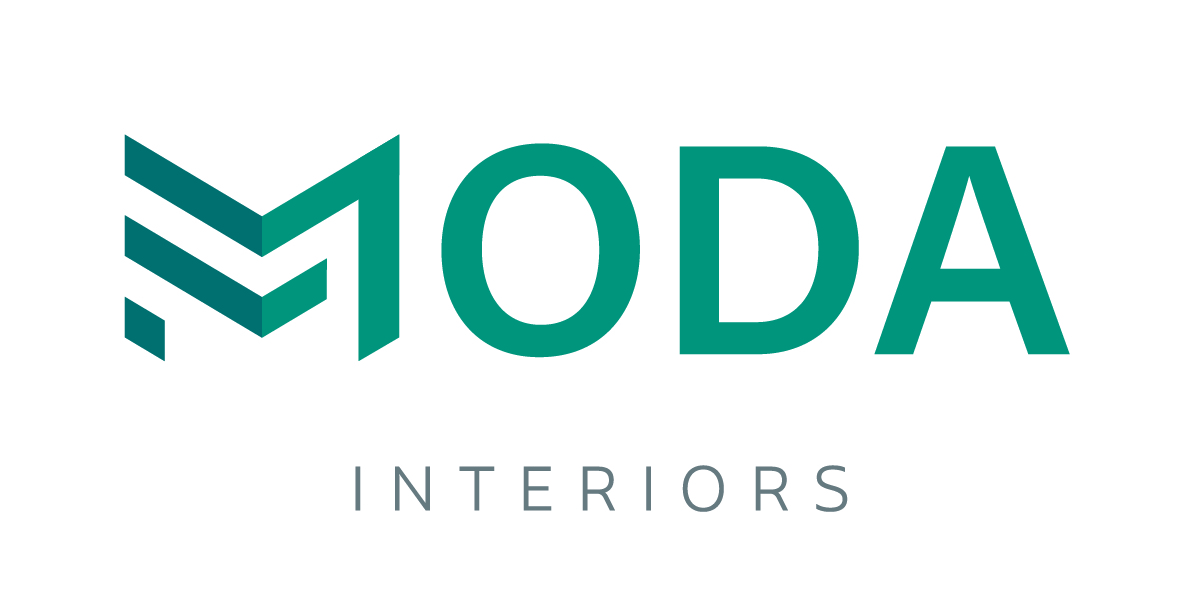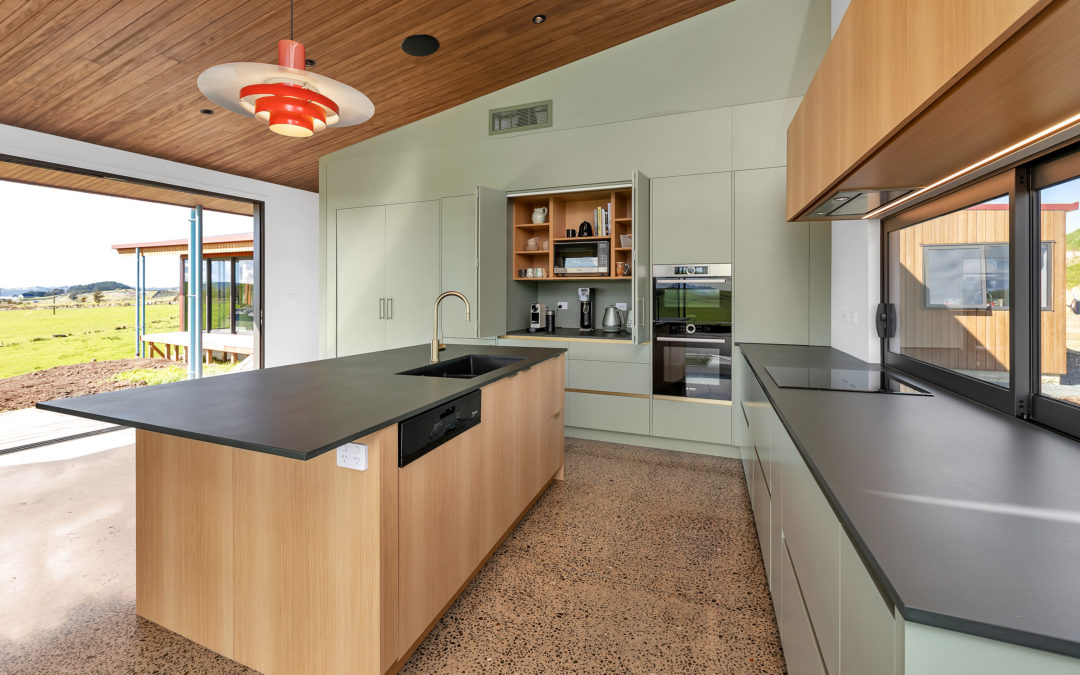Finding the right benchtop for your kitchen is essential; it must suit many elements of your home. While selecting a benchtop based on your interior design is easy, there are also functional aspects to consider. For example, you’ll need to find a benchtop material that suits your lifestyle and cooking style. Kitchen benchtops also require constant maintenance, so you will want to choose one that is easy to maintain.
Our kitchen experts have provided a list of four recommended benchtop materials to help with your decision. Read carefully over the pros and cons to decide which material is best for your kitchen needs.
Engineered stone
Engineered stone is popular because it comes in various designs and colours. The material is created by combining ground quartz or granite with natural pigments and resin. The final product is similar, if not identical, to some types of natural stone. However, this option is more cost-effective and offers a wider design scope.
Pros
It’s less expensive than natural stone but still feels exactly like stone. However, engineered stone is more stain resistant and non-porous. Therefore, it’s easy to maintain and keep clean.
Cons
Due to its mixture of stone and resin, engineered stone can be more prone to cracking when exposed to high heat. So you must avoid placing hot pans or dishes directly onto the benchtop. To prevent heat damage, you could use a trivet to protect the benchtop.
Timber
Timber benchtops help add a rustic element to your kitchen. They always feel warm and come in a range of colours and textures. Due to the variety of wood available, a timber benchtop can always fit your budget. You may want to consider sourcing your wood locally as this can add a personal touch to your kitchen.
Pros
Timber benchtops feel warmer than stone ones, which could make your kitchen feel more welcoming or homey. It’s also a long-lasting material that you can easily stain to provide a simple upgrade in the future when trends change.
Cons
Unfortunately, timber benchtops are prone to scratching and can be marked easily. However, depending on your style preference, this may add to the rustic elements of your kitchen. Wood also requires more maintenance; you may need to oil it frequently or stain it to renew the colour.
Stainless steel
While stainless steel is a popular choice for commercial kitchens, more people are starting to use it in their homes. You can incorporate it into your kitchen exceptionally well when paired nicely with other interior design elements. A stainless steel benchtop is also a practical feature to any kitchen, as it’s easy to maintain, easy to clean, and is highly resistant to damage.
Pros
Stainless steel is very easy to maintain since it requires minimal effort to keep clean. In addition, the steel won’t stain or mark, so you can cook messy meals or lay hot dishes directly on the benchtop.
Cons
While stainless steel is highly scratch-resistant, a stainless steel bench top can deform when exposed to high heats. It is recommended to never put a hot pot directly on your stainless steel bench top, as it can cause the glue bonding the steel to the wood substrate to let go and create raised area. Additionally, it can be prone to rust in humid environments or when it is left wet for too long.
As part of its maintenance, you will need to use specific care products to eliminate rust when it occurs. Citrus based cleaners can leave rust marks on stainless steel.
Granite
Granite is one of the most durable benchtops because it’s highly resistant to damage and requires minimal maintenance. It also looks sophisticated and will suit a range of kitchen styles. Unfortunately, granite is considerably more expensive than other types of benchtops. But depending on your needs, the extra cost could be worth it. Overall, granite is a high-quality material that will last for many years.
Pros
Granite is a long-lasting material that will endure for much longer than other benchtop materials. Therefore, it’s unlikely that you will need to replace or upgrade your granite benchtop in your lifetime. It’s also highly resistant to damage such as scratches.
Cons
Granite is relatively expensive and may not fit everyone’s budget. Depending on the type of finish, granite can also be quite porous. As a result, it could be more susceptible to staining, and all messes will need to be cleaned appropriately to ensure that a mark doesn’t last. Granite usually doesn’t come with a warranty, since natural stones may vary in color, pattern and density.
You will also need to make sure that the right cleaning products are used on your granite benchtop, as some would be too acidic for granite.
Need more help?
If you need more inspiration for your design, our kitchen experts are here to help. Check out our range of kitchen renovation ideas.
You can also browse our Video kitchen to see what fits in your kitchen.
If you’re ready to take your project to the next step, contact us to find out what kitchen products are best suited for your kitchen.

